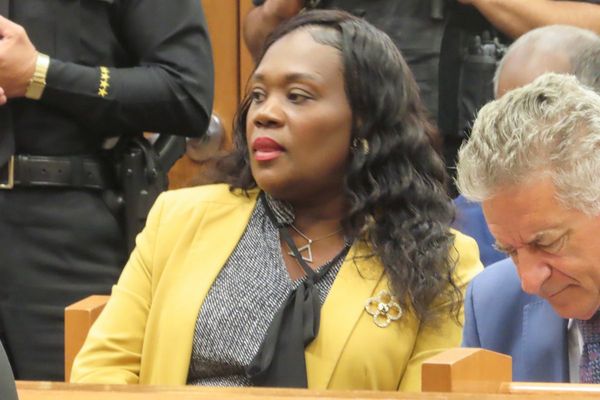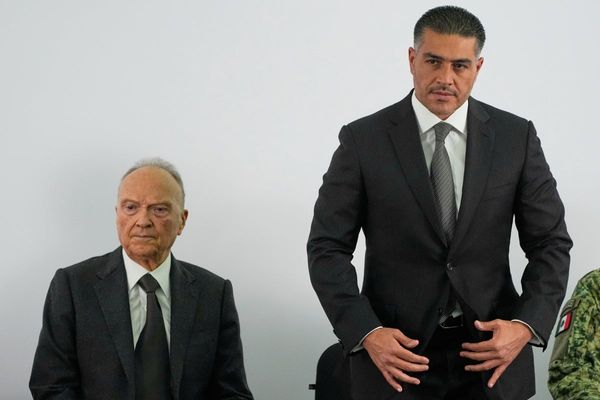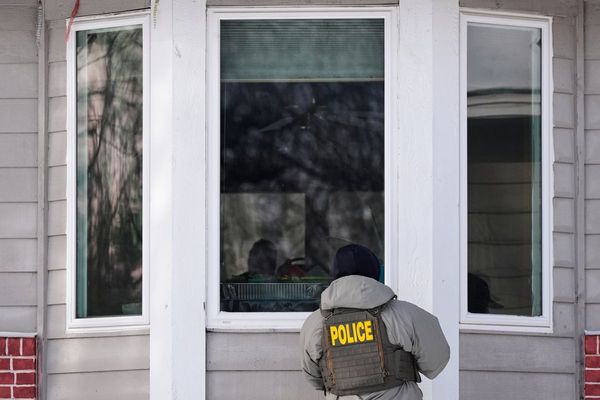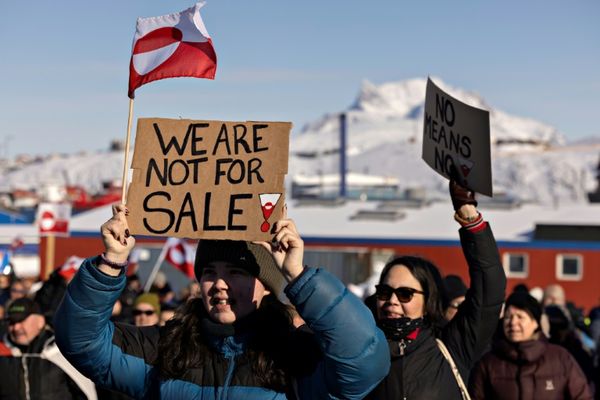DOES Israel have nuclear weapons? Yes. Will the BBC report that fact? Apparently not.
The broadcaster has quietly updated a story which wrongly claims the “real answer is we do not know” if Israel has nuclear weapons.
However, the BBC claim – which relies on the fact that the Israeli government has not officially acknowledged its nuclear capabilities – remains even in the updated version of a story purported to offer answers to readers’ questions on the Iran-Israel conflict.
Israel launched air strikes on Iran on June 13, targeting nuclear sites, residential areas, scientists and military leaders, days before the US was due to hold talks with the nation about its nuclear programme.
The BBC has reported extensively on the escalating conflict, but has largely failed to mention Israel’s nuclear weaponry – despite a focus on Iran’s nuclear capabilities.
One article published on June 16 examining Iran and Israel’s militaries talks about Iran’s nuclear programme being targeted but fails to mention the existence of Israel’s.
Another, first published on June 13 and updated since, includes extensive discussion of Iran’s nuclear projects, including a map showing key facilities across the country, but does not mention Israel’s nuclear weaponry at all.
A third, a BBC Verify story on “Iran’s secretive nuclear site” published on June 18, makes no mention of Israel’s own secretive nuclear sites.
On Wednesday evening, the BBC published another story on the conflict under the headline: “Your questions answered on the Israel-Iran conflict.”
The final question in the article, coming after multiple dealing with Iran's nuclear capabilities, is: “Does Israel have nuclear weapons?”
The BBC’s original answer read: “The real answer is we don't know.

“It takes three components to have a nuclear weapon: First, uranium enriched to 60% purity. Second, the ability to build a warhead. And third, a way to deliver that warhead to a target.
“As it stands, there is no overt declaration by Israel on any form of nuclear capability.”
Israel’s nuclear programme has been a matter of public knowledge since the 1980s, when whistleblower Mordechai Vanunu told The Sunday Times about it in detail, leading the paper to conclude that Israel had some 200 nuclear warheads.
Vanunu was kidnapped from Italy and imprisoned in Israel for espionage and treason after speaking about his time working at the Dimona nuclear research centre in the Negev desert.


The tacit admission that the Israeli government has nuclear capabilities led to his suspension as a minister.
The most recent Nuclear Weapons Ban Monitor report, published in March, concluded that Israel controls around 90 nuclear warheads, all of which are ready for use. These weapons have an estimated yield of 2.5 megatons, or 165 Hiroshima-bomb equivalents.
The facts are such that The New York Times reported, without qualification, that "Israel has its own secretive nuclear weapons program".
So why can't the BBC?
Of course we know. FFS. pic.twitter.com/ww234lfnzI
— Marc Mulholland (@katheder) June 18, 2025
Instead, the broadcaster's meek suggestion that Israel’s nuclear weapons are not public knowledge was called out on social media. “Of course we know. FFS,” Oxford University historian Marc Mulholland wrote.
James Butler, the co-founder of Novara Media, added: “This is actively misinforming the audience.
“Everybody knows Israel has nukes. And: it has never been a signatory to the non proliferation treaty. And: IAEA [International Atomic Energy Agency] inspectors have never visited the site at Dimona.”
Others questioned the BBC’s claim that uranium “enriched to 60% purity” is needed for a nuclear weapon.
As nuclear expert Dr Kaitlin Cook wrote in The Conservation this week: “Countries with nuclear weapons tend to use about 90% enriched, ‘weapons-grade’ uranium. According to the International Atomic Energy Agency, Iran has enriched large quantities of uranium to 60%.”
The BBC’s updated version of the story corrects this error, but leaves in the claim that it is not known whether Israel has nuclear weapons.
It now states: “There are estimates that it has about 90 nuclear warheads. But the real answer is we do not know. It has neither confirmed nor denied a nuclear capability,
“Israel is not part of the nuclear non-proliferation treaty, which was a global agreement to prevent more nations acquiring the bomb.
“It takes three components to have a nuclear weapon: first, uranium enriched to 90%, second, the ability to build a warhead, and third, a way to deliver that warhead to a target.
“As it stands, there is no overt declaration by Israel on any of the above.”
In a war started by Israel and ostensibly focused on whether Iran intends to develop nuclear weapons, you might expect the BBC to deal with Israel’s nuclear capabilities more bravely. Truth, after all, is not whatever the Israeli government says it is.







